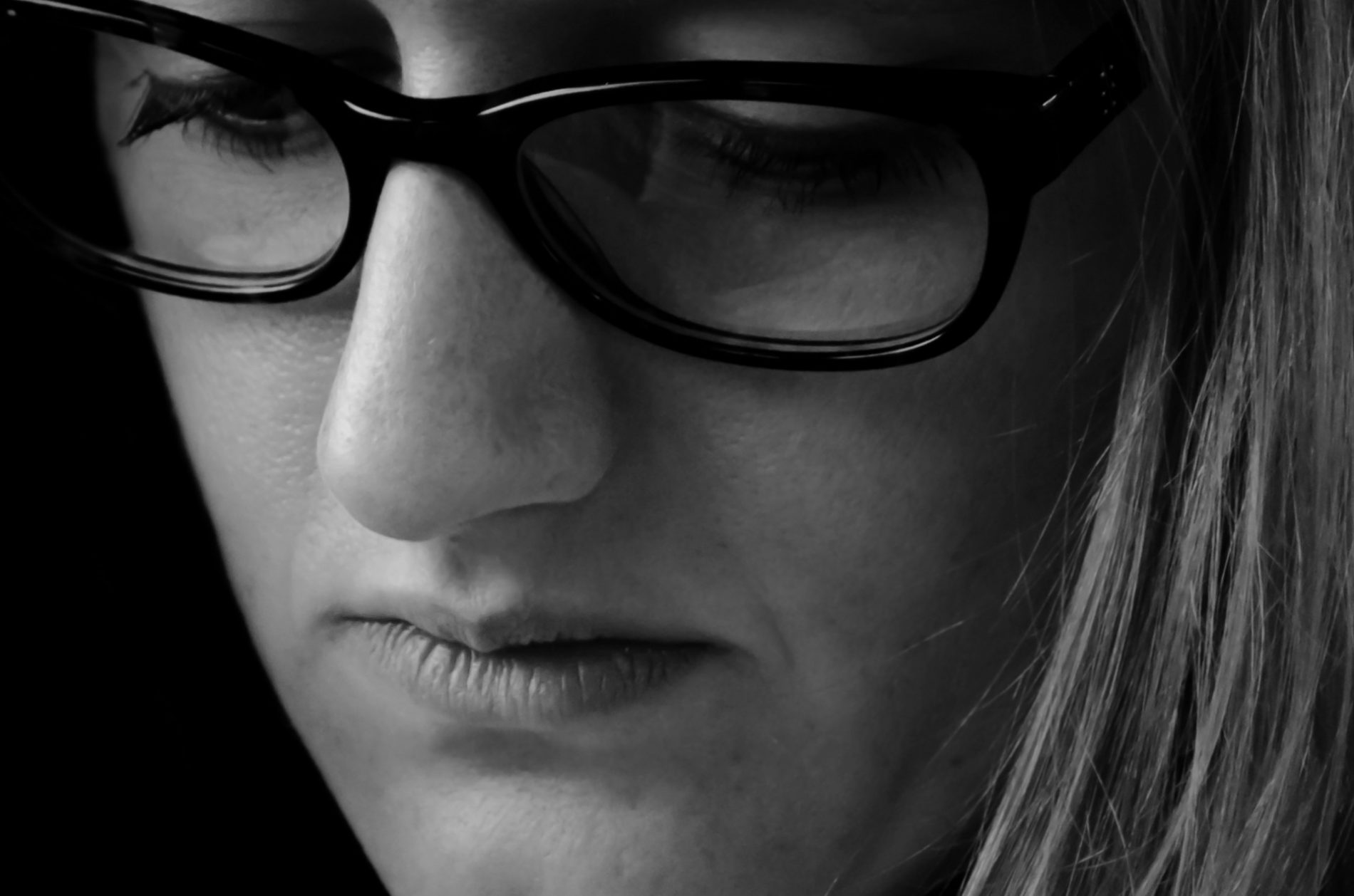What if mental health care didn’t start with a prescription, but with a pause?
For too long, conversations around mental wellbeing have centred around either coping or medicating. But between these two extremes lies a quieter revolution – one rooted in awareness and small daily shifts that reconnect us with ourselves.
As more mums speak openly about burnout, emotional fatigue, and that gnawing sense of “something’s off,” there’s a growing appetite for mental health support that isn’t automatically routed through a pharmacy.

The Quiet Uprising of Holistic Support
Alternative doesn’t mean fringe any more. It means personalised, layered, and proactive. And the truth is, for many women — especially mothers — the path to emotional wellness isn’t always chemical. It’s creative. Curious. And sometimes surprisingly simple.
Let’s explore four powerful alternatives gaining momentum amongst mums looking to heal from within:
1. Hypnotherapy: Rewiring the Subconscious
Forget the swinging pendulums and stage shows – clinical hypnotherapy is rooted in neuroscience, not novelty. It works by gently guiding the brain into a relaxed, receptive state where subconscious patterns can be identified and reprogrammed.
Marygrace Anderson, a London-based clinical hypnotherapist, explains:
“The subconscious mind drives around 90% of our behaviours and beliefs. If a mum is feeling low, stuck, or disconnected, hypnotherapy helps trace that emotional thread to its root. It’s like clearing out a mental traffic jam.”
In just a few sessions, clients report improvements in self-esteem, mood, and even physical symptoms like insomnia or fatigue. Importantly, hypnotherapy offers a non-medicated way to tackle what many mums silently endure: the slow erosion of identity, joy, and self-trust.
2. Breathwork: Resetting the Nervous System
It sounds too easy to be effective – but breathing, when done consciously, can regulate the nervous system, reduce cortisol, and even shift mood within minutes.
There are now mum-friendly breathwork classes offering short, science-backed sessions that blend movement, music and mindful breathing. These are safe spaces for emotional release – without words, diagnosis, or performance.
3. Journaling: Dialogues with the Self
Journaling isn’t just for poets and Pinterest. I do it every day and it helps me a lot to unwind and gather my thoughts daily. Studies show that writing down thoughts – especially with prompts focused on emotions, values or memory – can significantly reduce anxiety and boost mental clarity.
What’s revolutionary is not the act of journaling, but how it’s used:
-
Write to discover what you’re avoiding.
-
Write to argue with your inner critic.
-
Write until your emotions have names again.
The result? An inexpensive, private practice that turns confusion into clarity — one page at a time.
4. Nature Therapy: Green is the New PROzac
You don’t need a forest to feel better – just a tree-lined street, a garden, or 15 minutes on a park bench. I have found myself hugging trees in Richmond Park during COVID-19 and that felt quite powerful, although people thought I was a bit crazy at the time. Eco-therapy and nature-based practices like forest bathing have exploded in popularity, and with good reason:
Exposure to nature lowers blood pressure, eases symptoms of anxiety, and reconnects us with rhythms slower than our own.
Even short outdoor rituals — like walking barefoot in grass or cloud-gazing with a child — can be grounding for mums whose lives are dictated by schedules, screens and overstimulation.
The Bigger Picture: Choosing Your Medicine
There’s no shame in medication — for some, it’s life-saving. But for others, the solution may lie elsewhere.
What matters most is that mothers have options. That the emotional weight they carry is seen and supported in ways that feel safe, empowering, and sustainable.
“When a client comes to me saying, ‘I feel numb, but I don’t want pills,’ I see it not as resistance — but as intuition,” says Marygrace Anderson. “Mums are experts at survival. But they also deserve space to thrive. Holistic therapies give them that chance.”
So if you’re struggling — and especially if you’re “fine on paper” but hollow inside — take heart. There’s more than one path to peace.
You don’t have to choose between silence and a script.
You can begin with a breath, a question, or a single session with someone who sees the whole of you.
Want to explore hypnotherapy as mental health support with Marygrace Anderson?
Visit www.mghypnosis.co.uk or contact info@mghypnosis.co.uk to find out how this gentle, proven technique can help lift the fog — without medication.